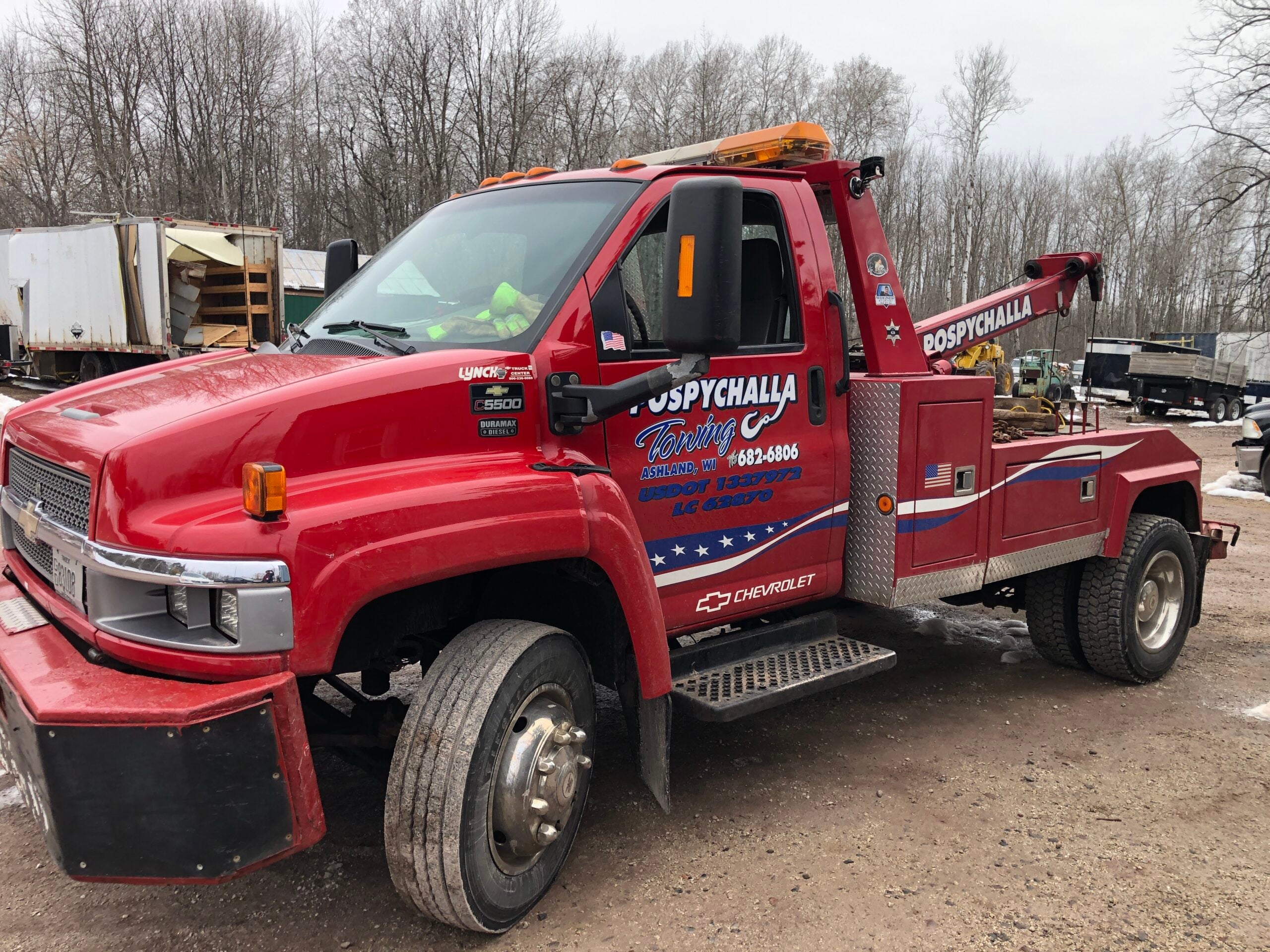In Ashland recently, two lawsuits have been settled involving Kathy Cargill, the 1976 graduate of Ashland High School who married into the billionaire Cargill agribusiness family.
Cargill received national media attention last spring, including a WPR report that first told of her Ashland roots, after she tore down several homes she had purchased in Duluth’s Park Point neighborhood.
The unrelated Ashland District Court cases concerned a dispute with two of her siblings related to their parents’ estate. The suits centered on two promissory notes: one from 2014 transferring equipment from the parent’s tow truck company to Cargill’s brother, Mark Pospychalla, in exchange for $72,000. Another in 2018 was for $83,500, specifically assigning it to Cargill upon the death of their parents.
News with a little more humanity
WPR’s “Wisconsin Today” newsletter keeps you connected to the state you love without feeling overwhelmed. No paywall. No agenda. No corporate filter.
Elements of the case offer lessons for many families dealing with estate plans, according to Patrick Spott, a Duluth attorney licensed and practicing in Wisconsin and Minnesota.
“It’s very common in families that bad feelings and disputes arise when there are financial arrangements that are made over a long period of time,” said Spott, who was not involved in the Cargill case. “The reason (there are disputes) is you do things once and then you change your mind and you do things a different way.”
Cargill’s suits came after her father died in 2021, and her sister, Carol Rydberg, was named executor of the estate. Rydberg filed a police report for possible forgery regarding the 2018 promissory note, stating that the signatures on it didn’t match the one from 2014 and that Mark Pospychalla said he did not sign the 2018 document.
In response, Cargill sued Rydberg for defamation for suggesting that she had committed forgery, with Cargill saying she never even knew about the 2018 document until her lawyers told her of its existence. She added that she had no need for the money. Cargill also sued Mark Pospychalla for not making good on the obligations of the notes.
Ashland police closed the criminal case for lack of evidence in 2022. In July, Cargill’s suit against her sister was settled out of court. That was followed by the settlement of her case against her brother in September. No monetary amounts were disclosed.
WPR reached out for comment to the parties on both sides of the cases and did not receive responses.
Attorney Spott spoke with WPR’s Robin Washington on “Morning Edition” about how family members can avoid similar conflicts.
This conversation has been edited for clarity and brevity.
Robin Washington: The promissory notes are at the heart of this case. You’ve seen cases like this?
Patrick Spott: Yes. In the context of business matters, there’s paperwork like these promissory notes where it would not be surprising to see a document in 2014 say something on a topic and be substituted with a new document in 2018.
In the case of a will, if it’s drafted by an attorney, the first line just above the will revokes all prior wills. Attorneys would advise their clients once your updated will is signed, destroy your old wills by shredding them.
Otherwise there can be this idea that if an earlier will said one thing, there must be some problem if it’s changed. We want to avoid those kinds of things.
RW: How are promissory notes different than wills?
PS: With business documents like promissory notes, a lawyer would not write “this revokes all prior promissory notes.” That could cause all sorts of trouble, such as which promissory notes are you revoking?
But it’s common for a subsequent promissory note to be substituted in a family estate plan.
RW: What have you seen regarding possible conflicting signatures?
PS: It’s very rare that a finder of fact — a judge or a jury — can look at two signatures and have evidence that proves that a subsequent signature is wrong.
Signatures change all the time. People sign inconsistently. For example, my signature on a business letter is a scrawl, but if I sign a government form that requires me to write my middle name, I will very carefully write it all out.
It’s rare that there is enough evidence to show that a subsequent signature was not by the same person as the first signature. And if it was forged, how would you possibly be able to determine who forged it?
Handwriting experts are a controversial group because of questions about the scientific accuracy of their work.
RW: What’s the most important takeaway for those dealing with a parent’s estate — or for the parents themselves?
PS: It sounds self-serving because I’m an attorney, but getting legal advice is a very good idea, as is having an estate plan. Most of the time when families see in writing that “Mom wanted Bob to have the pickup truck,” they usually just shrug and say ‘OK.’
But when they see multiple and inconsistent documents and then they remember the loved one who passed saying something different, suspicions arise. Usually there isn’t litigation, but there can be really bad feelings. And that’s really unfortunate.
If you have an idea about something in northern Wisconsin you think we should talk about on “Morning Edition,” send it to us at northern@wpr.org.



